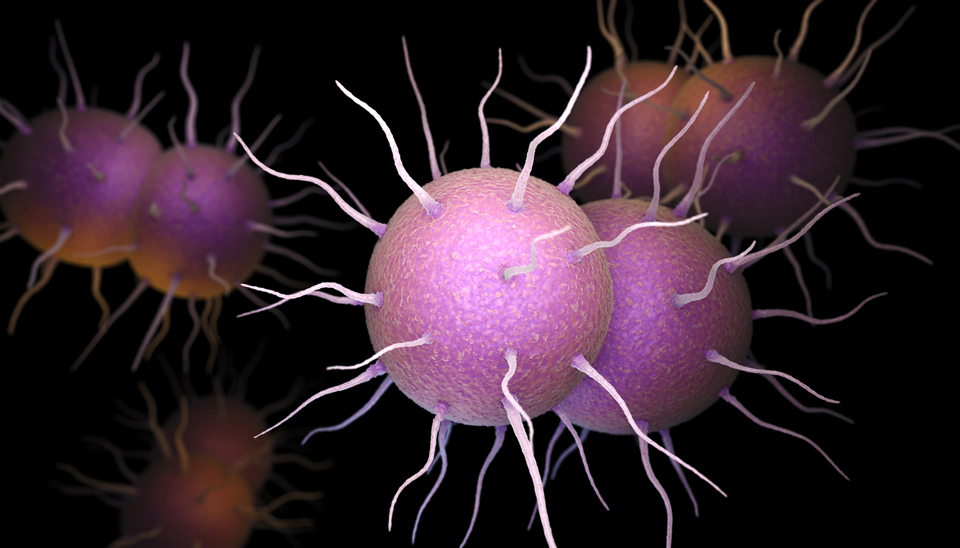
Lea esta hoja informativa en español
Gonorrhea, sometimes called "the clap," is a sexually transmitted infection (STI) that is transmitted by a bacterium in vaginal secretions and semen ("cum"). It can be spread through vaginal, anal, or oral sex without a condom or latex/polyurethane barrier.
Symptoms may include a yellowish or greenish vaginal discharge and a burning feeling when urinating ("peeing"). Gonorrhea can also affect the anus ("butt") and the throat. Many women have no symptoms. Symptoms in the butt include rectal pain, discharge and bleeding, caused by a condition called proctitis. In the throat, the bacterium can cause an itchy or persistent sore throat.
Gonorrhea can be treated with antibiotics. If left untreated, it can cause pelvic inflammatory disease (PID) and permanent infertility (difficulty getting pregnant). All sexually active women should be screened for gonorrhea.. If you are not offered a gonorrhea test, you may want to request one from your health care provider.
If you test positive and are treated, it is important that your partner receive treatment in order to prevent reinfection.
View our full fact sheet on Sexually Transmitted Infections or Diseases (STIs or STDs)

